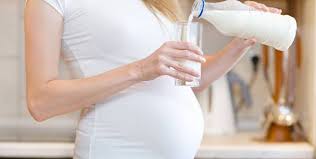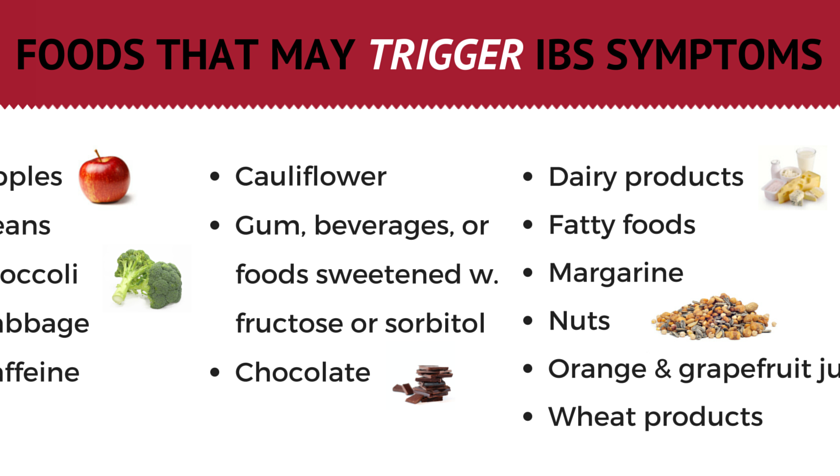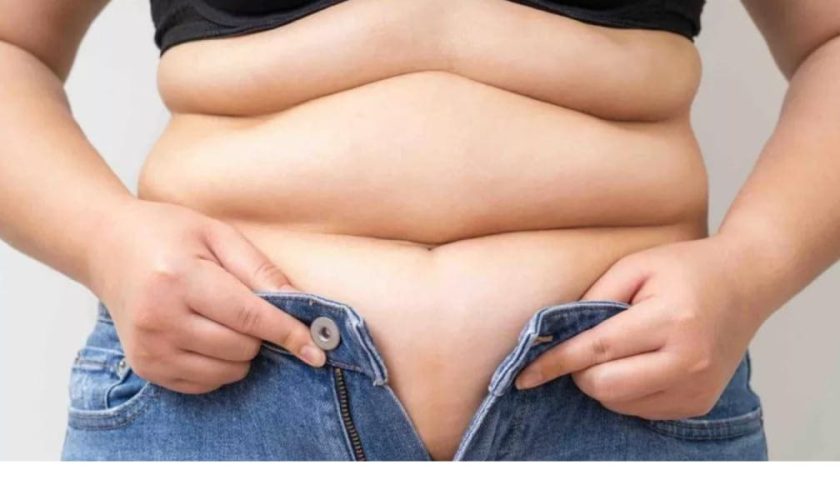 A fresh study has exposed the grave deficiency of Vitamin D among pregnant women in Kashmir, a condition that can threaten the well being of mother and child. Vitamin D supplementation during pregnancy has been advocated by the researchers to address the gross shortfall in Vitamin D levels.
A fresh study has exposed the grave deficiency of Vitamin D among pregnant women in Kashmir, a condition that can threaten the well being of mother and child. Vitamin D supplementation during pregnancy has been advocated by the researchers to address the gross shortfall in Vitamin D levels.
A recently published study by Kashmir-based group of researchers has found that two-thirds of Kashmiri women are Vitamin D deficient.
The study, carried out at tertiary care hospitals of Srinagar by a group of eleven doctors and published in current issue of Indian Journal of Endocrinology and Metabolism (IJEM May-June 2016) ‘sought to assess the efficacy and safety of various doses of 25-hydroxyvitamin D (25[OH]D) supplementation during pregnancy and ratify the inadequacy of the recommended daily allowance for Vitamin D in vulnerable groups.’
Researchers have reported Vitamin D deficiency in 67 percent women included in the study. These women did not have Vitamin D levels of 25(OH)D of 30 ng/ml.
Most women in the study group were home-makers from Kashmir and the study was carried out in summer months of May-July when sun light availability is more than other months. “In winters, it (Vitamin D deficiency) may be worse,” the study notes.
Dr. Shahnawaz Ahmed Mir, the key author of the research said that the findings had given a fresh perspective into pregnancy care. “We have been able to prove that monthly mega doses of Vitamin D improved the levels of Vitamin D in pregnant women, although daily doses were also found to be effective,” he said. He added that it is time that Vitamin D was taken ‘more seriously’ by gynecologists ‘than what the trend is.’
Dr. Shariq Rashid Masoodi, senior endocrinologist at SKIMS who was part of the study called Vitamin D deficiency in pregnancy a ‘real problem’.
“The deficiency is real and the benefits of Vitamin D supplementation are also real,” he said, adding that the routine dosage of 400 IU daily is far below than the required dosage. “We have used both 1000 IU per day and 2000 IU per day and found that 2000 IU worked better at correcting the deficiency,” he said.
The study, since it has been carried out in summer months, acknowledges that the Vitamin D deficiency in pregnant women may be higher than what has been reported by the researchers. ‘Previously we have reported the prevalence of vitamin deficiency in as many as 80% of healthy Kashmiri individuals’, the study mentions while referring to unpublished data of a study ‘Vitamin D status in apparently healthy adults in Kashmir Valley of Indian subcontinent by Dr. Abdul Hamid Zargar and other endocrinologists of SKIMS.
Various international studies have found a correlation between Vitamin D deficiency and risk of preeclampsia and gestational diabetes as well as innate immune response of newborn.
Majority of pregnant women in Kashmir Vitamin-D deficient






